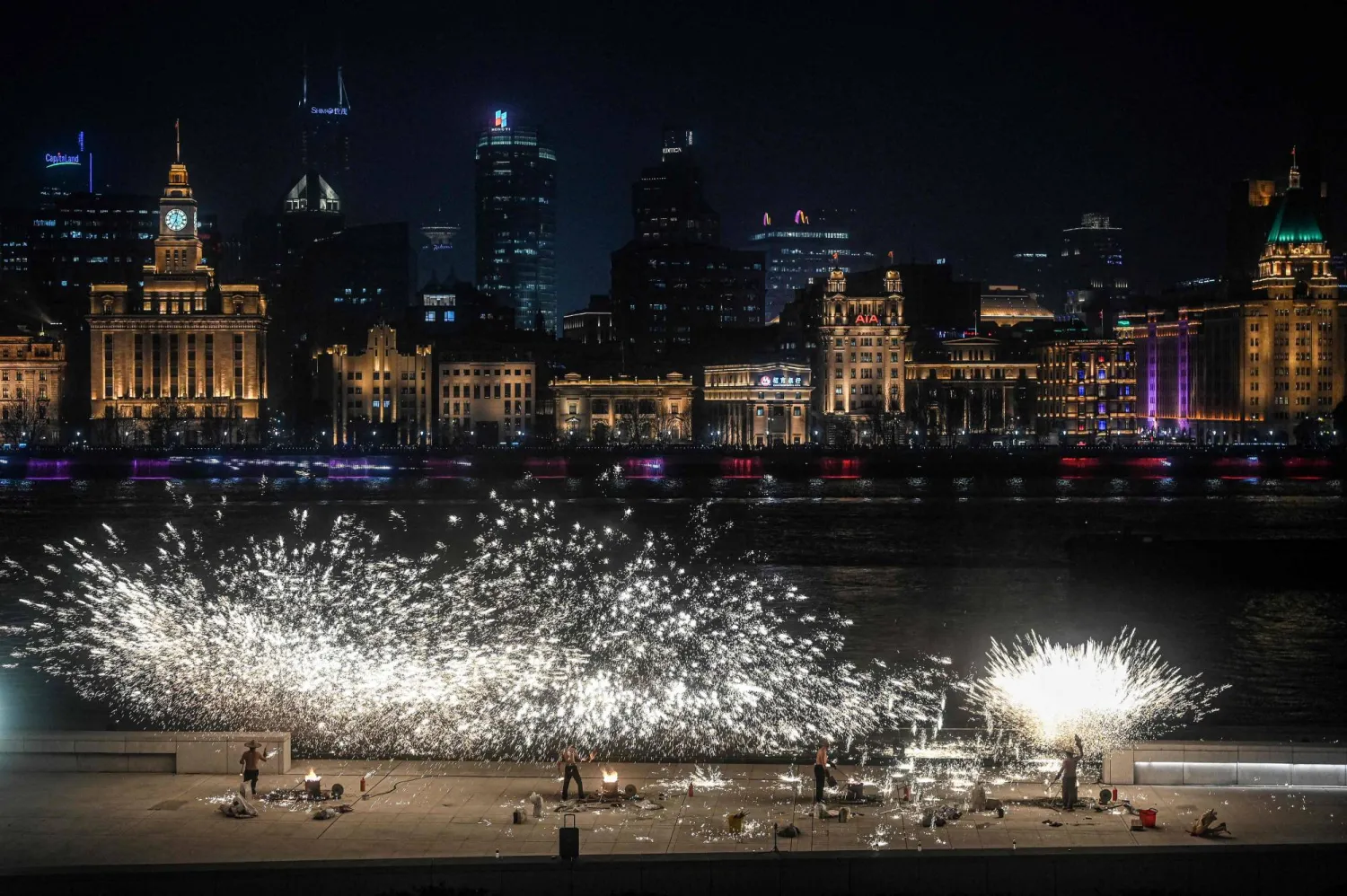When Chandana Hiran was a child, strangers would urge her to lighten her skin. Today the Indian student is leading a campaign against whitening creams as global anti-racism protests highlight the obsession with fair complexions for many in Asia.
The campaign achieved its first victory when cosmetics giant Unilever dropped the word "fair" from its popular Fair & Lovely skin-lightening cream. L'Oreal and Johnson & Johnson announced similar initiatives.
"They have been thriving on selling insecurities to women," 22-year-old Hiran, who launched an online petition against Fair & Lovely, told AFP.
"The narrative is that if you are dark-skinned, you cannot achieve anything in life. So being a dark-skinned girl I've always felt that maybe... I need to be fair. If I'm not, then maybe I don't deserve those things."
Multinationals have long profited from sales of whitening creams, facewash and even vaginal bleaching lotions, by advertising the message that beauty, success and love are only for pale-skinned people.
Unilever made $500 million from Fair & Lovely sales in India last year, according to Bloomberg.
Now, after mounting outrage sparked by the Black Lives Matter protests in Western cities, companies like Unilever said they "want to lead the celebration of a more diverse portrayal of beauty".
But campaigners warn their fight has just begun and that, without greater efforts to counter entrenched bias against darker skin, the rebranding remains superficial.
According to AFP, the skin-lightening industry is one of the world's fastest-growing beauty segments, and is forecast to be worth $31.2 billion by 2024, WHO.
In India, a nation of 1.3 billion people, whitening products make up about half the skincare market.
"There's no letting society off the hook here," activist Kavita Krishnan told AFP.
Nevertheless, "corporate companies, commercial interests cannot simply use social bias as an alibi", she added.
But change is coming, said campaigner Emmanuel, who believes future generations will see the world -- and themselves -- differently.









